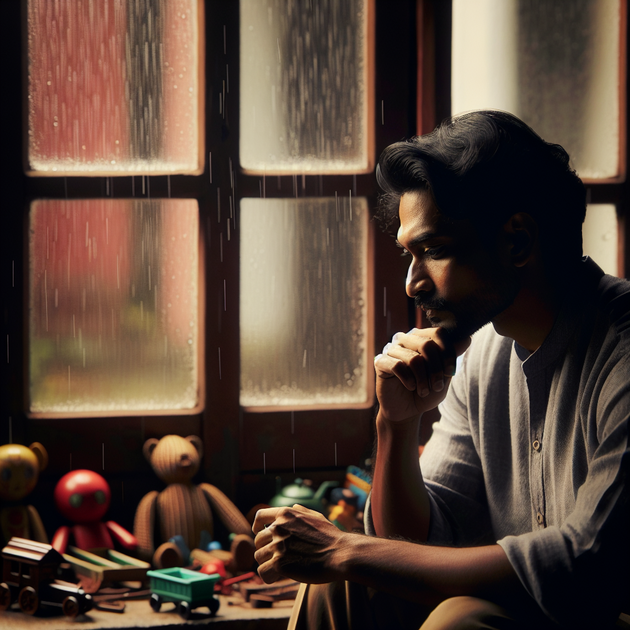Ever wonder why some adults struggle with close relationships or have trouble trusting others? The roots often go back to childhood, especially for those who were never loved properly as a child. The impact of early emotional neglect isn’t always obvious at first, but it can shape everything from self-esteem to the way someone communicates.
Understanding the Effects of Childhood Emotional Neglect
When a child grows up without consistent love or emotional support, it leaves invisible scars. This isn’t just about obvious abuse—sometimes it’s the absence of warmth, encouragement, or simple affection. According to the American Psychological Association, childhood neglect can lead to long-term emotional and psychological challenges.
Unloved children often develop coping mechanisms that help them survive tough early years but can become obstacles later in life. Some might withdraw emotionally, while others constantly seek approval from everyone around them.
Common Signs of an Unloved Child in Adulthood
Spotting the signs of someone who wasn’t loved properly as a child isn’t always easy. Many people hide their struggles well. Still, here are some common indicators:
- Difficulty trusting others or forming close relationships
- Low self-esteem and harsh inner criticism
- Fear of abandonment or rejection
- Struggles with setting healthy boundaries
- Trouble recognizing or expressing their own emotions
- Constant need for reassurance or validation
- Tendency to sabotage good things in life, like jobs or relationships
- Feeling “numb” or disconnected during emotional moments
These behaviors aren’t set in stone—and they definitely don’t mean someone is broken. They’re signs that a person’s emotional needs weren’t met early on.
Why Early Love Matters So Much
Love and security in childhood are like the foundation for a house. Without them, everything built on top feels shaky. Strong early bonds help kids develop confidence, learn how to handle stress, and build meaningful connections with others.
When those bonds are missing or inconsistent—what psychologists call “attachment issues”—it can make adulthood feel overwhelming. People might find it hard to trust their instincts or believe they’re worthy of love, even when others care deeply for them.
If you’re curious about how childhood experiences shape adult life, the CDC’s information on Adverse Childhood Experiences (ACEs) is a helpful starting point.
An Anecdote: Healing from the Past
Take Emma’s story (name changed for privacy). Growing up, she never heard “I love you” from her parents and was rarely hugged. As an adult, Emma felt anxious whenever someone wanted to get close to her—she expected disappointment or pain. It wasn’t until she started therapy and learned about emotional neglect that things clicked into place.
With time and support, Emma realized her struggles weren’t her fault—they were responses to unmet childhood needs. She began building healthier boundaries and letting herself trust people little by little. It’s not an overnight process, but awareness made all the difference.
How to Support Someone Who Wasn’t Loved Properly as a Child
If you notice these signs in someone you care about—or even yourself—patience and understanding go a long way. Here are a few ways to help:
- Encourage open communication without judgment
- Respect boundaries and don’t push for more than they can give
- Offer consistent encouragement and small gestures of kindness
- Suggest professional support if they’re open to it; therapy can make a huge difference (find a therapist here)
- Remember: healing takes time and isn’t always linear
The more we understand about childhood emotional health, the easier it is to break cycles and build stronger relationships in the future.
Final Thoughts: Recognizing the Signs Is the First Step
Spotting the signs someone was never loved properly as a child isn’t about blame—it’s about empathy. Early experiences shape adulthood in profound ways, but they don’t define anyone forever. Healing is always possible with awareness and support.
What other signs have you noticed that could point back to childhood neglect? And how do you think we can create more supportive environments for future generations?

Leave a Reply